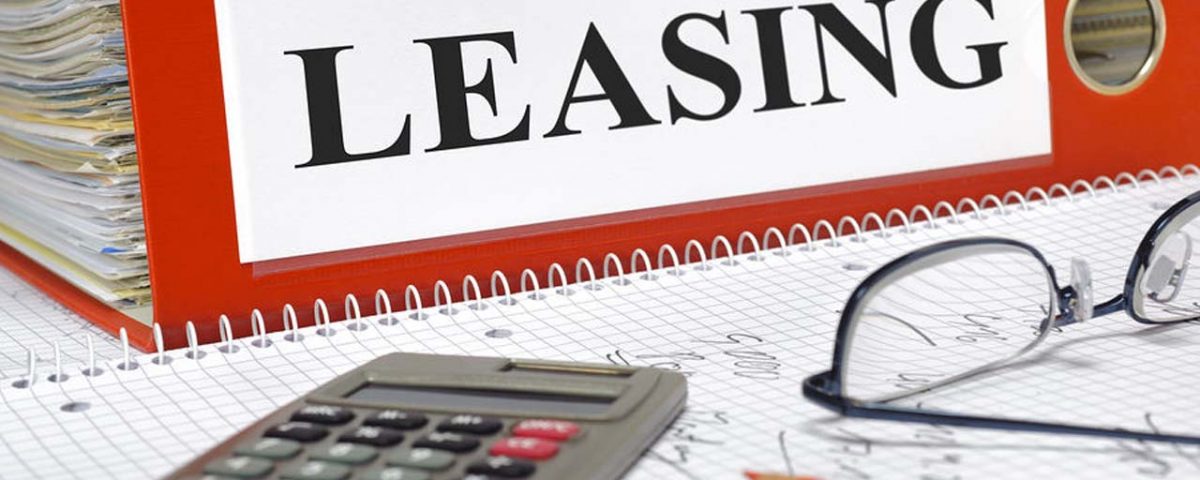News Update: ELAN advocates economic revamp through leasing
News Update: NSE’s market capitalisation down by N114 billion
August 29, 2017
World Report: Nigeria’s Fiscal Terms among Five Most Unfavourable Regimes –
August 29, 2017The Equipment Leasing Association of Nigeria (ELAN), has said to grow the nation’s economy out of recession, there is a need for government to utilise leasing for national economic development.
Addressing journalists at a training in Lagos, the Executive Secretary, ELAN, Andrew Efurhievwe, said “leasing attributes, which centre on easy and convenient access to capital equipment, can be brought to bear to support the planned massive investment in power, road, rail, agriculture, manufacturing, and solid minerals, that would stimulate production and employment.”Specifically, in the power sector, Efurhievwe, said leasing could be used to finance the acquisition of various assets across the power sector chain for intended private power companies.
Apart from supporting urban facilities, leasing can be used to drive the development of rural electrification, through the provision of plants, transmission lines and other valuable assets. In the Agricultural sector, he said the entire value chain of agriculture involving farming processing, storage and production would perform maximally with the intervention of state of the art equipment.
According to him, “In Nigeria, leasing has been contributing to capital formation in the economy and creating wealth. In 2015, outstanding lease volume was estimated at N1.1trillion, up fromN869billion in 2014 representing a growth rate of 27.3 per cent. Assets worth over N5.8trillion have been financed in the past 10 years, and can significantly improve with the right support for the industry.
‘Globally, equipment leasing has gained significant recognition as a creative financing alternative for the acquisition of capital assets used to facilitate access to the much-needed equipment, generating an annual average of over $850billion.
The appeal of leasing lies in the fact that it meets the diverse equipment needs of the lessee, be it government, large organisations or small businesses. In the United States of America for instance, leasing remains the single most widely-used method of external finance, representing 30 per cent of investment in capital equipment.
Also, many developing countries such as Brazil, Indonesia, Pakistan, Zambia, South Africa, and Ghana are equally using leasing to stimulate investment and create jobs. In these countries, leasing is at the forefront of investment in the extractive industries transportation, agriculture, telecommunications, roads and other infrastructure.
The International Finance Corporation (IFC) has been using leasing to sustain the growth of these sectors in some African countries, resulting in developed local financial markets as well as increased micro, small and medium (MSMEs) access to finance.
Consequently, experts believe that the Nigerian leasing industry has remained vibrant and continued to provide succour to many organisations across all sectors of the economy, despite the current economic realities.
The appetite for leasing is on the increase, with new lease transactions being booked on daily basis. This is even as the level of patronage has increased given the current economic situation, which has made outright purchase increasingly difficult, and demand from multinational and other large corporate for service-oriented leases like fleet management, responding accordingly.

